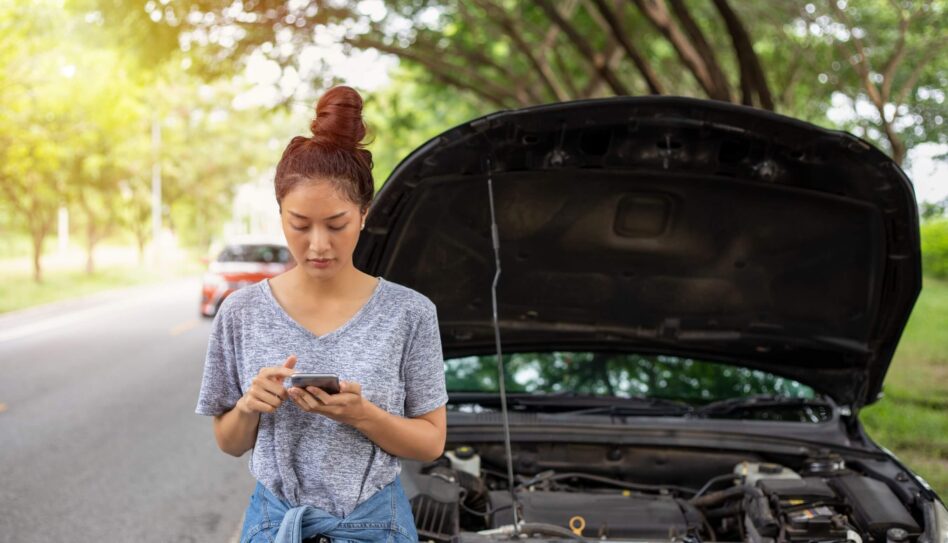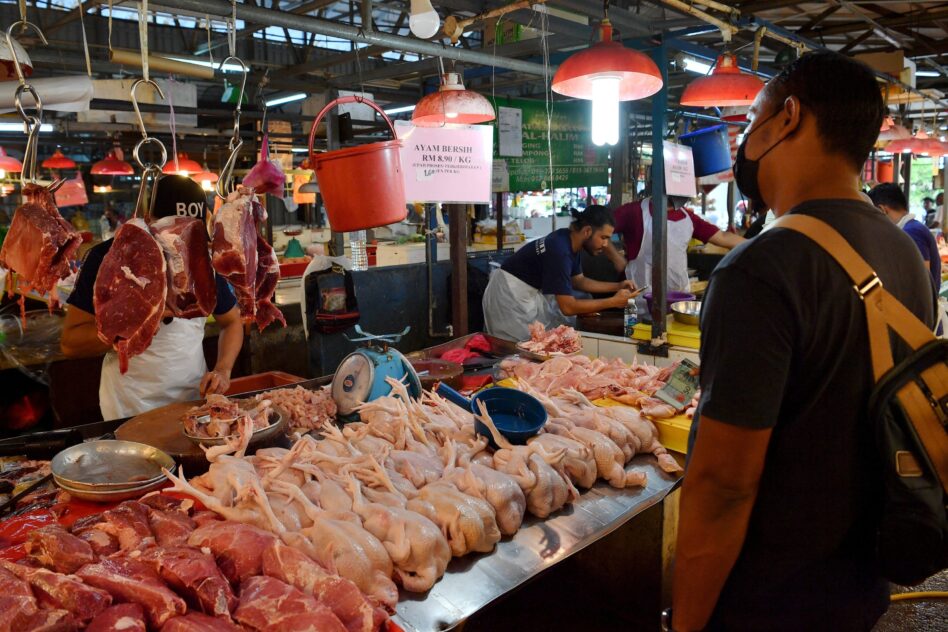THE National House Buyers Association (HBA) backed a lawmaker’s suggestion for the Government to manage and maintain all low-cost flats in the country before they deteriorate and become urban slums.
“The Government must step in to rehabilitate the flats because they are becoming breeding grounds for crime, social problems and drug cases.
“The authorities must set up its own management department to self-manage and maintain the low-cost flats without outsourcing the responsibility to third party property management companies.
“The outsourcing will inadvertently breed corrupt practices, omit best practices and may siphon away limited fund for the actual management and maintenance of the low-cost flats,” its honorary secretary general Datuk Chang Kim Loong told FocusM.
Yesterday, Bukit Gasing state assemblyman Rajiv Rishyakaran urged the Government to look after the needs of residents of low-cost flats, following Prime Minister Datuk Seri Ismail Sabri Yaakob’s announcement that the authorities would provide new elevators to all 67 low-cost and public housing.
While he welcomed the move, Rajiv pointed out that it highlighted the structural problems faced in providing decent maintenance services for low-cost housing in the country.
“In many low-cost housing properties, basic facilities such as lifts, wiring, water pumps and cleaning services are often neglected to a breaking point, and then the Government steps in as a ‘hero’ to fix these problems on an ad-hoc basis.
“The correct solution is for the Government to take over the maintenance of these housing and ensure that they are clean and safe, and that lifts operate properly at all times,” the DAP leader was reported saying.
Touching on the matter, Chang said that in 2010 during the drafting of the Strata Management Act (SMA), a representative from the Association of Valuers, Property Managers, Estate Agents & Property Consultants in the Private Sector Malaysia (PEPS) had called for the Government to manage and maintain all low-cost flats in the country.
With HBA’s presence, it was then agreed by the Housing and Local Government Ministry (KPKT) and Valuation and Property Services Department (JPPH) to set up a task force and budget for that matter.
“JPPH then set up a sub-committee to prepare the budget, structure and plan for the task ahead to manage and maintain all the low-cost flats in the country. The Government announced that it would set aside millions to rehabilitate some of the low-cost flats.
“From what we understand, KPKT took over the fund but somehow JPPH was left out in the cold. We know not what has happened to the said fund but the low-cost flats continue to deteriorate into present day slums,” he mentioned.
Urban poverty linked to delinquency, social ills
As a majority of the low-cost flat dwellers were low wage earners, Chang said that many of them were unable to pay maintenance fee for proper management and maintenance of the common property.
Many of the dwellers were relocated there from squatter settlements, which meant that a majority of them lack the capability and know-how to run joint management committees (JMC) and management committees (MC).
“These owners have to put food on the table and may not have time to serve on the JMC and MC on a voluntary basis.
“Plus, there are no proper channels to ensure proper utilisation of Government funds for the rehabilitation of low-cost flats without the usual wastages,” Chang opined.
The HBA official stated that with Government intervention, it would help reduce cost of utilities consumed by the low-cost flats or privatised agencies, which in turn, reduce operating expenses for the management and maintenance of the common properties in the low-cost flats.
“The provision of mobile clinic and health care by the Health Ministry (MOH) will go a long way to improve the health of low-cost flats residence. Erecting police beat posts there will also improve safety and wellbeing of the residents.
“The Government can also set up mobile libraries and voluntary tuition centres there so that their children can create a better future for themselves; with the local council organising gotong-royong projects to raise awareness of self-help and sense of responsibility among them,” Chang stressed.
In general, Chang said that the Government has a moral duty to address social problems linked to urban poverty, particularly by providing quality education to children who live in such areas.
He added that educators have long recognised that children from low-cost dwellings are usually handicapped on several areas, as opposed to the middle and upper class.
“Children who come from slum areas are often immune to standard instructional programmes. A relatively large proportion of them quit school early and become misfits and unemployables. Some inevitably drift into delinquency.
“The Government must come up with programmes to ‘take them out from the slums’, or at the least, their future generation,” he remarked. – Oct 19, 2021.










